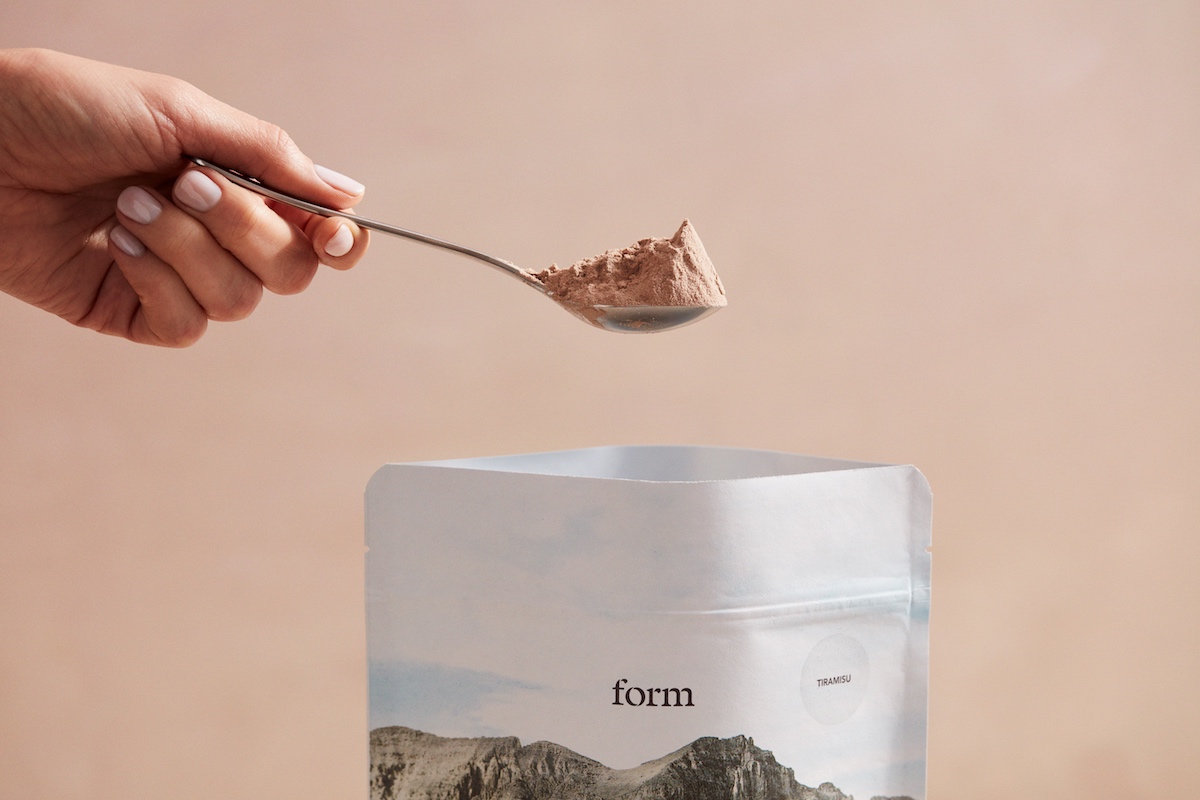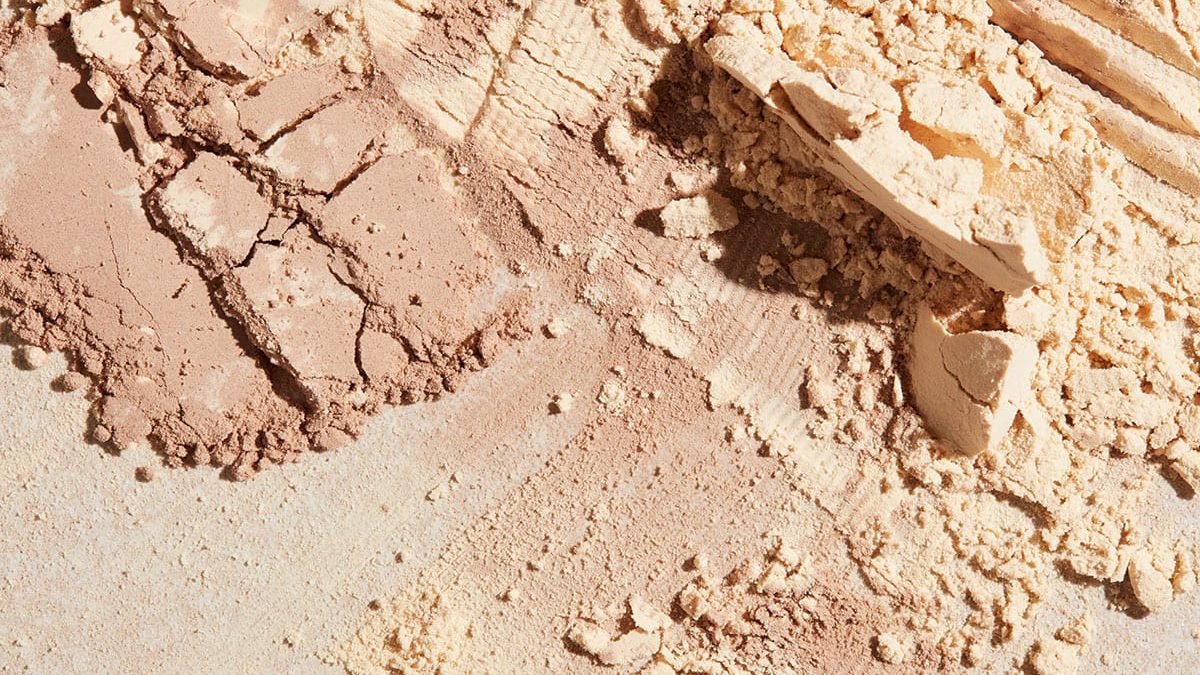Is It Safe To Consume Expired Protein Powder? Here’s What Science Says

Whether you’re starting a fresh training plan or just looking to improve your nutrition this year, it’s safe to say you’re probably looking at making a few tweaks to boost your health and wellness. If more specifically, these goals involve building strength, protein shakes are hard to beat in convenience, macronutrients, and individual serving price, but how long will your new supply last before it spoils?
Protein powder expiry is a hot topic in fitness circles as the muscle-building macro helps build lean body mass, muscle strength and reduces cravings. And if you treat your body as a temple, you’ll want your protein in pristine condition, just like you. But what happens when protein powder expires and does it vary between whey and vegan protein products? Let’s find out.
So, Why Does Protein Powder Have a Long Shelf Life?
Whichever your go-to flavour, protein contains several ingredients and additives designed to aid digestion, improve taste and, crucially, ensure it meets strict quality standards that make it safe to ingest. What’s more, just like regular food, protein products come with a ‘best by’ and ‘use by’ date that you’ll want to make a note of.
Firstly, the ‘best by’ date – also known as the best before date or ‘BBE’ (best before end) – ensures the product is presented and consumed at the quality in which it was produced but remains safe to eat after the date has passed.
The ‘use by’ date, however, is all about safety. “This is the most important date to remember. Foods can be eaten until the use by date but not after,” explains the Foods Standards Agency. “You will see use by dates on food that goes off quickly…for the use by date to be a valid guide, you must carefully follow storage instructions.” After this date, you should avoid eating, cooking, or freezing ingredients past their use by date, even if it’s been stored correctly and has passed the coveted ‘sniff test’.
Protein powder, however, contains a few ingredients that help prolong its shelf-life, explains nutritionist Jenna Hope. These include maltodextrin and lecithin. “Protein products contain additives such as maltodextrin and lecithin to help prolong the shelf life. The processing of the protein can also help to increase shelf life.”
Maltodextrin is often used as a thickening agent to increase a food product’s volume but also acts as a preservative to increase the shelf life of packaged foods and decrease the chances of the protein powder expiring.
Similarly, lecithin is a low-cost preservative that delays product spoilage while also acting as a blending agent and emulsifier, helping to mix flavourings and sweeteners. Lecithin is usually found on ingredients as soy lecithin, and can provoke allergic reactions.
In fact, emulsifiers in general are bad for gut microbiome health, and so anything with them in should be approached with this in mind. Do note, there are no preservatives or emulsifiers in any of Form’s protein powders. Your gut health is important for daily life, so it pays to look after it well.
What About Vegan Protein?
Obviously, at Form, vegan protein powder, not whey, is the order of the day. As vegan protein powder, unlike whey, is absent from dairy ingredients, it generally presents a lower risk of spoiling and making you sick. “Vegan protein powder is generally considered safe past its shelf life although, again, a few months is ample,” explains Hope.
“I wouldn’t advise consuming protein years later though. Like whey protein, vegan varieties often contain additives to preserve shelf life too.” As before, it pays to look at the ingredients. At Form, there are no additives to preserve shelf life, only added vitamins and minerals to help you meet your daily nutrient needs.

What is ‘Maillard Browning’? How Can It Affect My Protein?
“The Maillard reaction can occur in whey protein as a result of the interaction between the sugars from the lactose and the amino acids,” explains Hope. “The Maillard reaction occurs when the protein is exposed to heat and can have a negative impact on the amino acids including lysine and isoleucine.”
Once the protein’s lysine levels begin to deplete, the protein powder begins to decrease in profile, depleting its muscle-building power. An easy way to check if your whey protein has spoiled through Maillard Browning is to give it a taste. If it’s losing its flavour or already tastes like cardboard, it’s game over.
Can Expired Whey Protein Make You Sick?
If you’ve gulped down a protein shake only to realise it’s past its use-by date, there’s no need to be concerned unless it’s been stored in a warm environment. “If ambient protein products are kept in an air-tight, dry container and stored safely they are unlikely to make you sick consuming them within a few months of the expiry date,” explains Hope.
“If protein powder is exposed to humidity it will increase the risk of growing bacteria. In such cases, it would no longer be safe to consume.” That said, whey protein isn’t just used in shake form. Protein bars or milk-based drinks, for example, should be approached differently. “This would depend on whether the product was fresh,” says Hope. “For example, some milk-based protein drinks may not be safe to consume past their expiry date. It’s safest to take each product as it comes.”
Broadly speaking, your strength and muscle-building potential should be fine. “If it’s stored safely and is consumed within a few months it shouldn’t affect protein synthesis and muscle building,” says Hope. “If protein is consumed years after its expiry date it may have an impact.”

The Final Word
So, is it safe to whip up a protein shake using expired powder? In short, yes it is. But if the protein product, whether it’s whey or vegan, smells or tastes off, or it’s been a few months since its use-by date, treat yourself to a fresh pack and follow the storage instructions to the letter, to ensure its longevity.
“Whey protein is safe to consume once it has passed its expiry date, although the exact amount of time is unclear, and I wouldn’t advise consuming it after a few months past its expiry date. It’s important to be aware that it should be kept in an air-tight container,” says Hope.
Enjoyed this read?
Sign up below to receive our weekly inForm digests for more interesting articles like this. We’ll never share your email and you can unsubscribe any time.


















